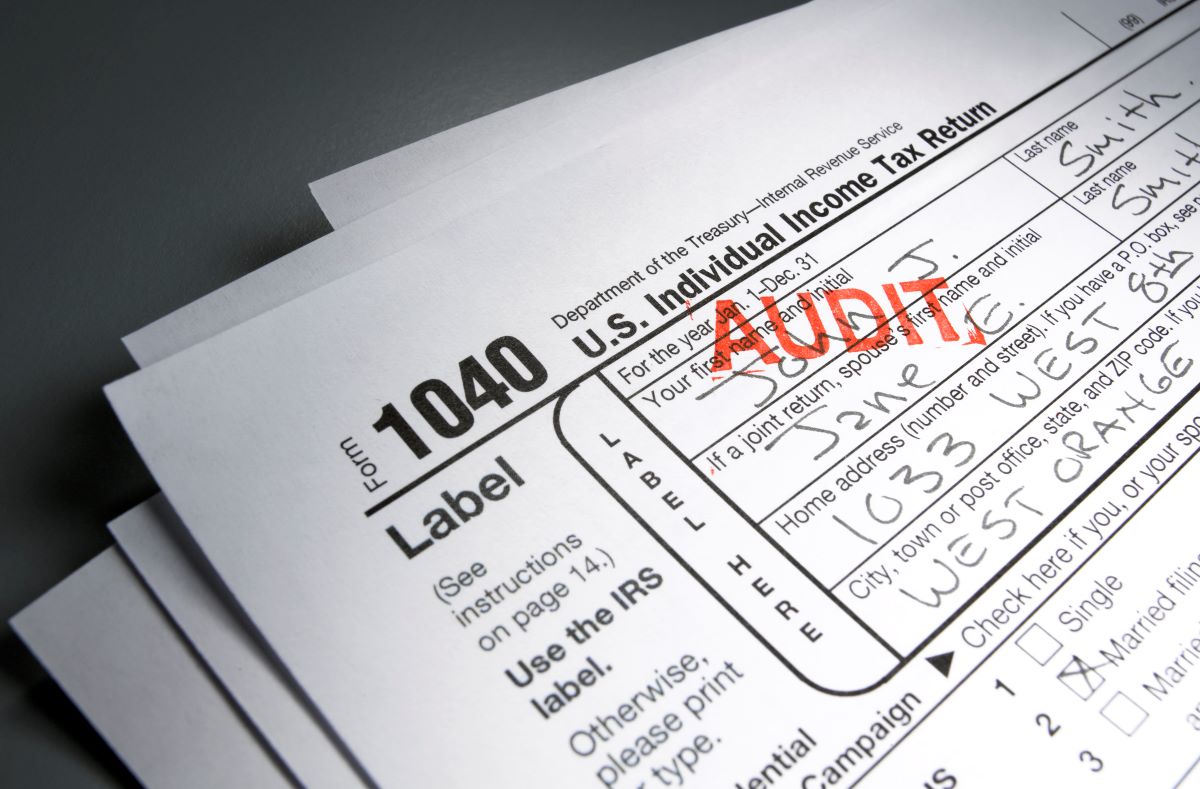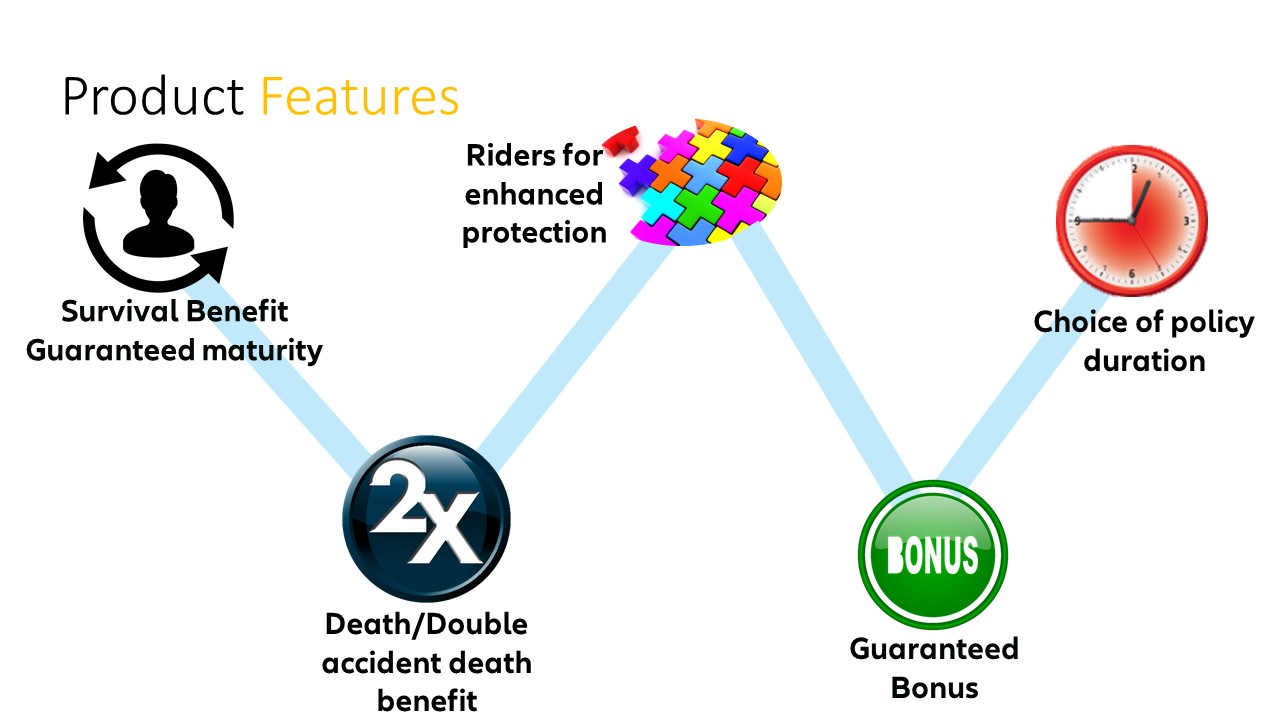

Finance
How Much Do Health Insurance Brokers Make?
Published: October 29, 2023
Discover how much health insurance brokers make in the finance industry. Explore the earning potential and career opportunities in this lucrative field.
(Many of the links in this article redirect to a specific reviewed product. Your purchase of these products through affiliate links helps to generate commission for LiveWell, at no extra cost. Learn more)
Table of Contents
Overview
Health insurance brokers play a crucial role in helping individuals and businesses navigate the complex world of health insurance. They assist clients in finding suitable insurance plans that meet their unique needs and budget. But have you ever wondered how much these brokers earn for their services? In this article, we will explore the factors that affect the earnings of health insurance brokers and shed light on their average income.
It’s important to note that the income of health insurance brokers can vary significantly based on a variety of factors, including their experience, location, clientele, and the commission structure they work with. For many brokers, their compensation is primarily commission-based, meaning they earn a percentage of the premiums paid by the clients they enroll in insurance plans.
The commission structure and rates can vary depending on the insurance company and the type of health insurance plan. Some brokers may also receive additional bonuses and incentives based on their performance and the number of clients they bring in.
To give you a better understanding of the income potential for health insurance brokers, we’ll discuss the average income in the industry and delve into how experience levels can impact earnings. We’ll also highlight additional earning opportunities that brokers may have, beyond just commission-based income.
Keep in mind that while being a health insurance broker can be financially rewarding, it requires knowledge, expertise, and the ability to build relationships with clients. So, let’s dive into the different factors that can influence the earnings of health insurance brokers and gain insights into the income potential in this field.
Factors Affecting Health Insurance Broker Earnings
Several factors come into play when determining the earnings of health insurance brokers. These factors can vary from one broker to another and have a significant impact on their income. Here are some key factors that influence health insurance broker earnings:
- Experience: Like many professions, experience plays a vital role in determining the earning potential of health insurance brokers. Brokers who have established themselves in the industry and have a track record of success are more likely to attract high-paying clients and earn higher commissions.
- Location: The geographical location in which a broker operates can also have an impact on their earnings. Brokers in areas with a higher cost of living or where there is a greater demand for health insurance services may have the opportunity to negotiate higher commissions or work with more high-value clients.
- Clientele: The type of clients that brokers serve can also affect their earnings. Brokers who cater to large businesses or high-income individuals may earn higher commissions compared to those who primarily work with individuals or small businesses.
- Commission Structure: The commission structure offered by the insurance company can significantly impact broker earnings. Different insurance companies may offer varying commission rates, bonuses, or incentives. Some may even provide higher commissions for certain types of insurance plans or for meeting specific sales targets.
- Market Conditions: The state of the health insurance market can influence broker earnings. Changes in regulations, shifts in consumer demand, or the entry of new competitors can impact the number and type of insurance plans available, potentially affecting the income opportunities for brokers.
It’s important to note that while these factors can influence broker earnings, success in this industry also depends on factors such as networking, marketing skills, and the ability to build and maintain client relationships. Brokers who can effectively communicate the value of their services and provide exceptional customer service are more likely to attract and retain clients, leading to higher earnings.
Now that we have explored the key factors that affect health insurance broker earnings, let’s move on to the next section and examine the commission structure commonly used in the industry.
Commission Structure of Health Insurance Brokers
The commission structure is a crucial aspect of how health insurance brokers earn their income. Brokers receive commissions as a percentage of the premiums paid by the clients they enroll in insurance plans. The commission rates and structure can vary depending on the insurance company and the type of health insurance plan being sold.
Typically, insurance companies establish commission rates based on several factors, including the type of plan, the coverage level, and the duration of the policy. Brokers may receive a one-time commission for the initial sale, or they may earn ongoing commissions for as long as the client remains enrolled in the plan.
In the health insurance industry, commission rates can range from 2% to 8% of the premiums paid. However, it’s important to note that these rates can be influenced by factors such as the broker’s experience, the insurance company they work with, and the volume of business they generate.
Additionally, some insurance companies may provide brokers with higher commission rates for selling specific types of plans, such as supplemental coverage or specialized policies. They may also offer bonuses or incentives for brokers who meet certain sales targets or enroll a high number of clients within a given period.
Another important aspect of the commission structure is the payment frequency. Insurance companies may pay brokers on a monthly, quarterly, or annual basis, depending on their policies. Brokers need to consider the timing of commission payments when managing their finances and budgeting their income.
While commission-based income is the primary source of earnings for health insurance brokers, it’s essential to note that brokers may also charge service fees to clients. These fees are separate from the commissions they receive from insurance companies and are typically negotiated directly with the clients. Service fees can provide an additional source of income for brokers, especially for those who offer specialized or value-added services.
Understanding the commission structure and rates set by insurance companies is crucial for health insurance brokers to determine their potential earnings. Brokers should also consider how their personal sales performance, client base, and market conditions can influence their income. Now, let’s move on to the next section to explore the average income of health insurance brokers.
Average Income of Health Insurance Brokers
The average income of health insurance brokers can vary depending on several factors, including experience, location, and the type of clients they serve. While it is challenging to provide an exact figure for the average income of brokers, we can examine industry data and trends to gain a better understanding of their earnings.
According to data from the U.S. Bureau of Labor Statistics, the median annual wage for insurance sales agents, which includes health insurance brokers, was $50,940 as of May 2020. This figure represents the midpoint, meaning that half of the agents earned more than this amount, while the other half earned less.
It’s important to note that this figure includes insurance agents from various sectors, not exclusively health insurance brokers. The income of health insurance brokers can vary, and those who are more experienced or have a larger client base may earn significantly higher incomes.
According to a report published by the National Association of Health Underwriters (NAHU), health insurance brokers who have been in the industry for several years and have an established client base can earn six-figure incomes. This indicates that brokers with experience and a strong network of clients have the potential to achieve significant earnings.
Location also plays a role in determining the average income of health insurance brokers. Brokers operating in metropolitan areas or regions with a high demand for health insurance services may have access to higher-paying clients and thus earn higher incomes.
It’s worth mentioning that while the average income provides a general picture, individual earnings can deviate significantly from these figures. The income of health insurance brokers is heavily dependent on their own sales performance, the commission structure they work with, and the specific circumstances of their business.
Now that we have examined the average income of health insurance brokers, let’s explore how the experience level of brokers can impact their earnings.
Income Potential of Health Insurance Brokers by Experience Level
Experience plays a significant role in determining the income potential of health insurance brokers. As brokers gain more experience in the industry, they develop a deeper understanding of the products and services they offer, refine their sales skills, and expand their network of clients. This allows them to command higher commissions and potentially earn higher incomes.
Entry-level health insurance brokers typically start with lower incomes as they build their client base and gain experience. According to industry sources, entry-level brokers can expect to earn around $30,000 to $50,000 per year, depending on various factors such as location and market conditions.
As brokers gain experience and establish relationships with clients, their income potential increases. Mid-level brokers with a few years of experience can earn an average annual income ranging from $50,000 to $80,000. These brokers have built a solid foundation in the industry, have a more extensive client network, and are likely receiving higher commissions from insurance companies.
Experienced health insurance brokers, who have been in the industry for several years and have established themselves as trusted advisors, have the potential to earn six-figure incomes. These brokers often have a well-established client base, can attract high-value clients, and are skilled negotiators when it comes to commission rates and service fees. It is not uncommon for experienced brokers to earn over $100,000 annually.
However, it’s important to note that income potential is not purely tied to experience. Factors such as location, market demand, and the broker’s ability to adapt to industry changes also play a role in determining their earnings. Brokers who invest in ongoing professional development and stay up-to-date with industry trends can position themselves for greater income potential.
Additionally, some brokers choose to specialize in certain areas of health insurance, such as Medicare or group health insurance. This specialization can lead to higher income potential as brokers are able to offer more specialized expertise and attract clients looking for tailored insurance solutions.
In summary, the income potential of health insurance brokers increases with experience and expertise. Entry-level brokers may start with modest incomes, but as they gain experience and build their client base, their earnings can grow significantly. Mid-level brokers can expect to earn more, while experienced brokers have the potential to achieve six-figure incomes, depending on their location, market demand, and specialization.
Now, let’s explore additional earning opportunities that health insurance brokers may have beyond just commission-based income.
Additional Earnings Opportunities for Health Insurance Brokers
Health insurance brokers have the opportunity to earn income through various avenues beyond just commission-based earnings. These additional earning opportunities can further contribute to their overall income potential. Let’s explore some of these opportunities:
- Service Fees: In addition to earning commissions from insurance companies, brokers can charge service fees to their clients. These fees are separate from the commission and can be negotiated based on the broker’s expertise, level of service, and added value they provide. Service fees can be a significant source of additional income, especially for brokers who offer specialized services or cater to high-value clients.
- Consulting and Advisory Services: Experienced health insurance brokers often have in-depth knowledge and expertise in the industry. They can leverage their expertise by offering consulting and advisory services to businesses or individuals seeking guidance on their health insurance options. Brokers can charge hourly rates or package their consulting services, providing an additional income stream.
- Cross-Selling: Health insurance brokers can earn additional income by cross-selling other insurance products or financial services. For example, brokers can offer life insurance, disability insurance, or other types of coverage to their health insurance clients, earning commissions or fees from these additional sales.
- Referral Programs: Some insurance companies or related service providers offer referral programs where brokers can earn additional income by referring clients or other brokers. These referral programs often come with commissions or referral fees, providing brokers with an extra stream of income.
- Continuing Education and Training: Health insurance brokers have the opportunity to expand their knowledge and expertise through ongoing education and training programs. By staying updated on industry trends, regulations, and new products, brokers can position themselves as trusted advisors. This can lead to increased client trust, more referrals, and ultimately, higher income potential.
It’s worth noting that while these additional earning opportunities can supplement a broker’s income, it’s important to carefully consider any regulations and legal requirements surrounding these activities. Brokers should also ensure that their focus on these opportunities does not negatively impact their primary role as a health insurance broker.
By taking advantage of these additional earning opportunities, health insurance brokers can diversify their income sources and maximize their overall earning potential. However, it’s also crucial for brokers to strike a balance between earning additional income and providing excellent service to their clients.
Now, let’s conclude our discussion on the earnings potential of health insurance brokers.
Conclusion
Health insurance brokers play a vital role in assisting individuals and businesses in navigating the complex world of health insurance. While their earnings can vary based on several factors, including experience, location, and clientele, health insurance brokers have the potential to earn a significant income.
The average income of health insurance brokers can range from modest earnings for entry-level brokers to six-figure incomes for experienced brokers with established client bases. Factors such as experience, location, market demand, and specialization all contribute to a broker’s earning potential.
The commission structure is a key component of a broker’s income, with brokers typically earning a percentage of the premiums paid by their enrolled clients. Additionally, brokers may charge service fees, provide consulting services, cross-sell insurance products, participate in referral programs, or invest in continued education to create additional income streams.
It’s important to note that success as a health insurance broker requires not only financial acumen but also strong sales skills, expertise in the industry, and the ability to build and maintain client relationships. Brokers who can effectively communicate the value of their services and provide exceptional customer service are more likely to attract and retain clients, leading to higher earnings.
Overall, the income potential for health insurance brokers is promising, especially for those who continuously adapt to industry changes, stay updated on product offerings, and provide valuable services to their clients. With dedication, experience, and a focus on providing exceptional service, health insurance brokers have the opportunity to achieve significant financial success in this rewarding field.
Thank you for joining us on this exploration of health insurance broker earnings, and we hope you now have a better understanding of their income potential and the factors that affect their earnings.














